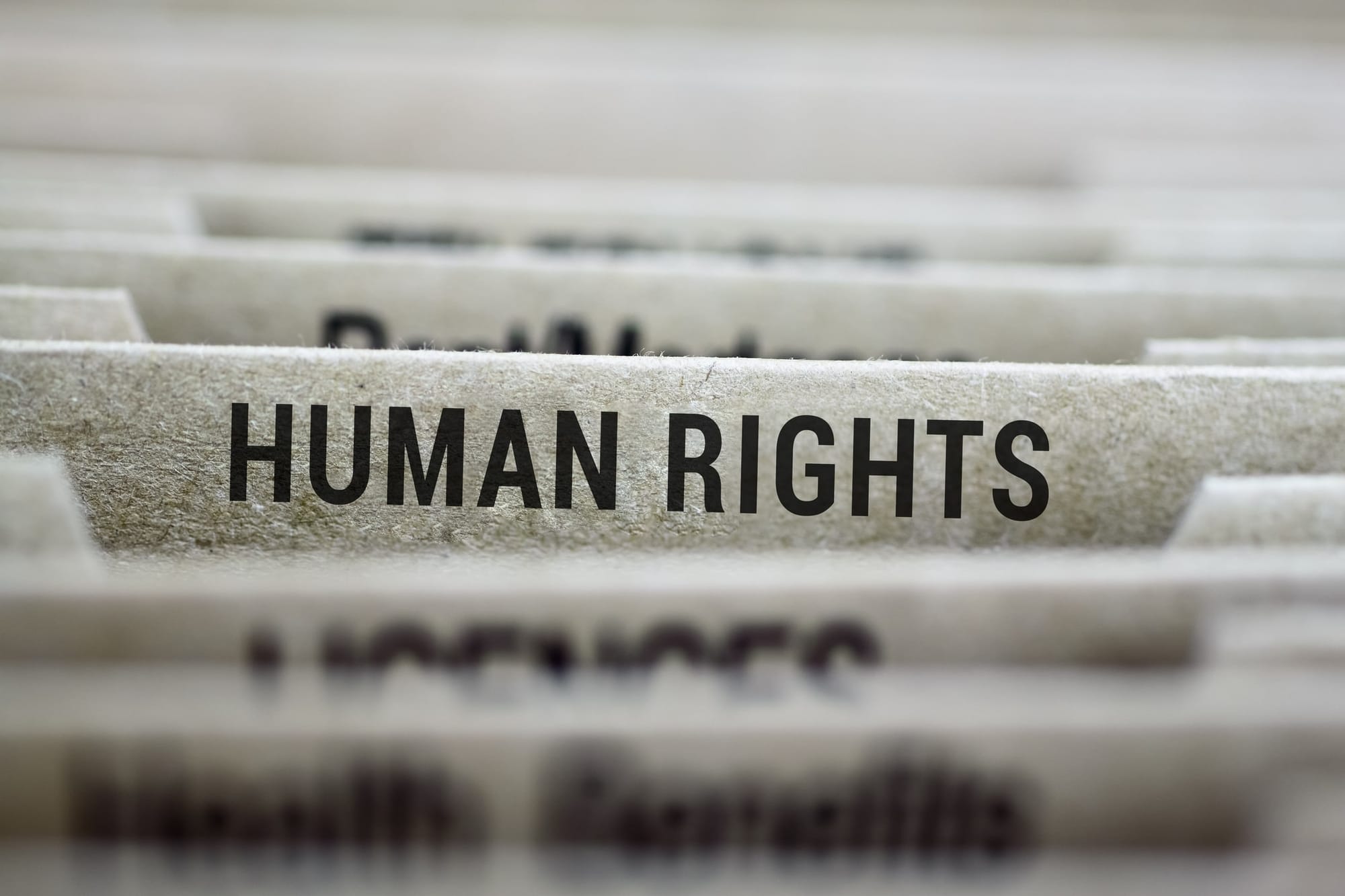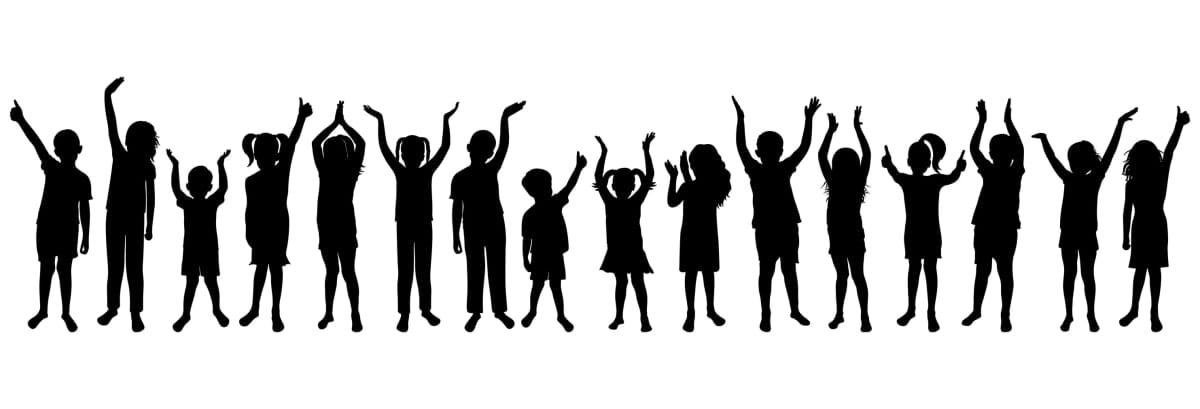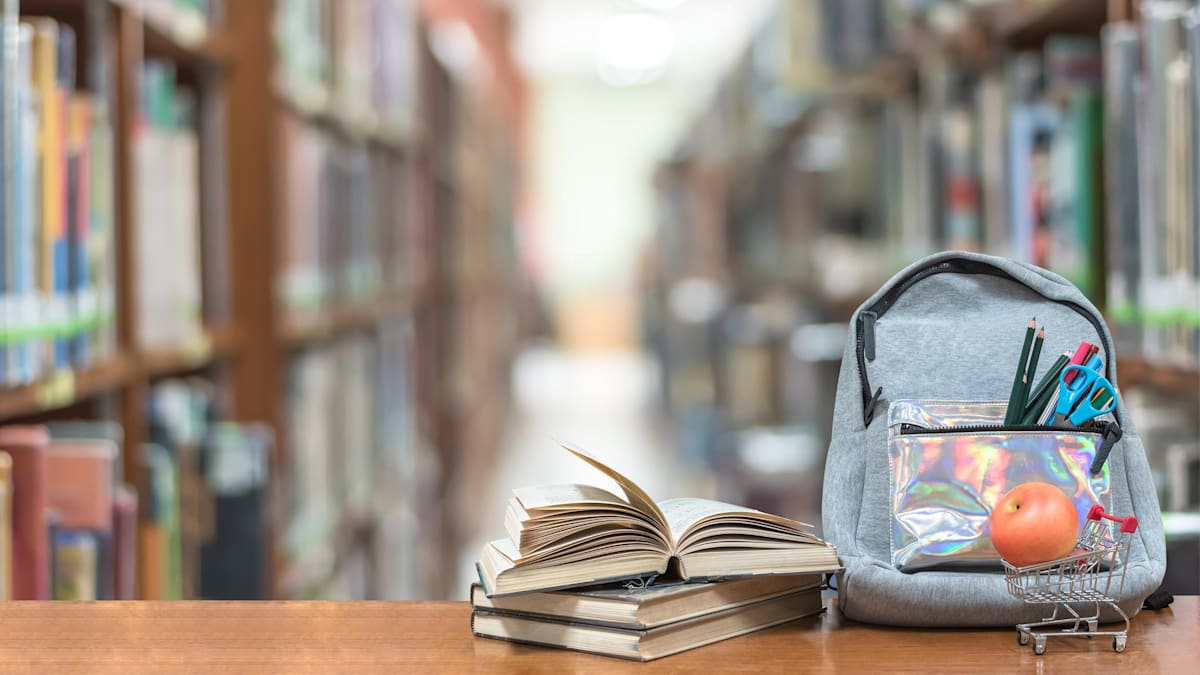
Human rights are the basic freedoms and protections that all people are entitled to. These rights belong to every person, regardless of where they’re from, where they live, their gender, race, colour, religion, language, who they love, or any other differences.
We all have the same rights, and nobody should be treated unfairly because of who they are.
Human rights are closely connected to the important values we have in Australia, such as fairness, equality, giving everyone a fair chance, and democracy.
Young people in Australia are rights-holders themselves, and they have an important role to play in protecting and upholding the human rights of others.
Human rights education is increasingly being integrated into primary and secondary school curricula globally. The goal of human rights education is to help people understand and value these rights by teaching about them and using them as a way of learning.
It’s not just about telling people what these rights are, but also about teaching in a way that respects these rights, making sure young people learn in an environment that values and supports everyone’s rights.
There are three main parts to human rights education:
- Learning about what human rights are and how they work
- Developing good values and behaviours that show we respect these rights
- Helping students get motivated to take action to make sure everyone’s rights are respected.
A knowledge gap on human rights
Australia is one of the most culturally and linguistically diverse countries in the world. However, research suggests Australians may not have wide knowledge about human rights, and educators may not know how to best teach students about them.
Teaching students about equality and human rights can equip them with knowledge that extends far beyond the classroom. They will carry this understanding with them not only in the classrooms, but also in the hallways, playgrounds, homes, and throughout their wider community.
The values of respect and tolerance instilled through this education can contribute to fostering a more joyful, inclusive, and equitable school environment. It has the potential to reduce instances of bullying and other negative behaviours, while enhancing academic achievement and aspirations. These outcomes are crucial in aligning with the Australian Department of Education’s dedication to building a world-class inclusive education system for all students.
Last month, Monash University, in partnership with Melbourne Grammar School, the Australian Human Rights Commission, the Brainary, and the School Library Association of Victoria, hosted Victoria’s first Human Rights Student Leadership Forum.
We invited year 11 and 12 students from several schools across the state to share their ideas about ways to learn about, protect, and uphold human rights in their schools and communities. Here’s what they told us:
Schools should be places of acceptance and inclusivity
Students emphasised the importance of accepting others for who they are and respecting individual differences. They highlighted the importance of respecting people's beliefs, identities, and traditions.
Providing choices in what students learn, how they express themselves, and even customisation of uniforms was mentioned as ways to respect individual rights and identities at school. Students felt that creating safe and inclusive schools was fundamental to promoting human rights.
“Everyone is a person; give them the same respect you would want.”

More education about and awareness of human rights is needed
Students felt that education about human rights was critical. They suggested that the curriculum include content designed to teach others about human rights, global issues that impact human rights, and the laws that protect the human rights of people around the world.
They emphasised the importance of delivering this type of education from a young age.
“Our teachers should share real-world case examples of human rights, and ways to uphold them.”
Students value open channels of communication about human rights
Students highlighted the need for open channels of communication about human rights within schools. This includes having accessible channels for students and teachers to voice their concerns and ideas, as well as encouraging discussions about human rights. They also felt they should have a voice in school decisions and choices about what they learn at school.
“Schools should create a learning environment where it’s safe for students to report injustices or human rights violations, and should act on those complaints.”
Celebrating diversity can help students learn about and respect difference
Students said celebrating diversity and different cultures would be a good way to promote understanding and tolerance. They suggested their schools host cultural weeks to celebrate different food, dress, holidays, and traditions, excursions to different places to learn about other cultures, and assemblies with guest speakers from diverse cultural backgrounds who can share their experiences.
“It’s important to respect culture and traditional practices and celebrations which make up life and enjoyment of school.”
Read more: Why the time is right for Australia to enact a Charter of Human Rights
Students would like their teachers to make a commitment to human rights
Students wanted their schools to employ teachers who actively support human rights and equality. This includes ensuring teachers are adequately educated about human rights themselves, and are open to discussing human rights with students.
“All teachers should be educated about human rights through professional development about the rights of people they interact with.”
Students want a voice in discussions about human rights
Students wanted to play an active role in promoting human rights within their schools. They expressed interest in establishing and participating in committees and organisations focused on human rights. They felt they should have opportunities to take the lead in advocating for change and educating their peers about diversity, respect, and rights.
Students wanted to be supported to stand up for their rights, express their beliefs, and actively participate in decision-making processes at their schools.
“Students should lead year-level meetings to discuss improvements and brainstorm ideas on how to create a better school environment.”

Acts of kindness are important
Many students said that encouraging acts of kindness, respect, and support for one another could be a simple yet powerful way to promote human rights in schools.
“People should be kind to one another.”
Students want to take action
Students provided several ideas about practical actions schools should take to promote human rights, such as ensuring all schools have access to basic amenities, creating safe reporting mechanisms for injustices, and providing resources for human rights education. They also noted that more ongoing conversations about human rights were important to them.
Collaboration between schools, forums for interschool discussions on human rights, and building relationships with local politicians were noted by students as ways to amplify the impact of their efforts, and continue conversations about human rights with their peers and other people within their community.
They also highlighted the need for specific classes or programs focused on human rights.
“I want to create avenues for students to better-communicate with and talk to local politicians and governments about human rights or community issues.”
Is your school interested in participating in a human rights student leadership forum? Please register your interest.





